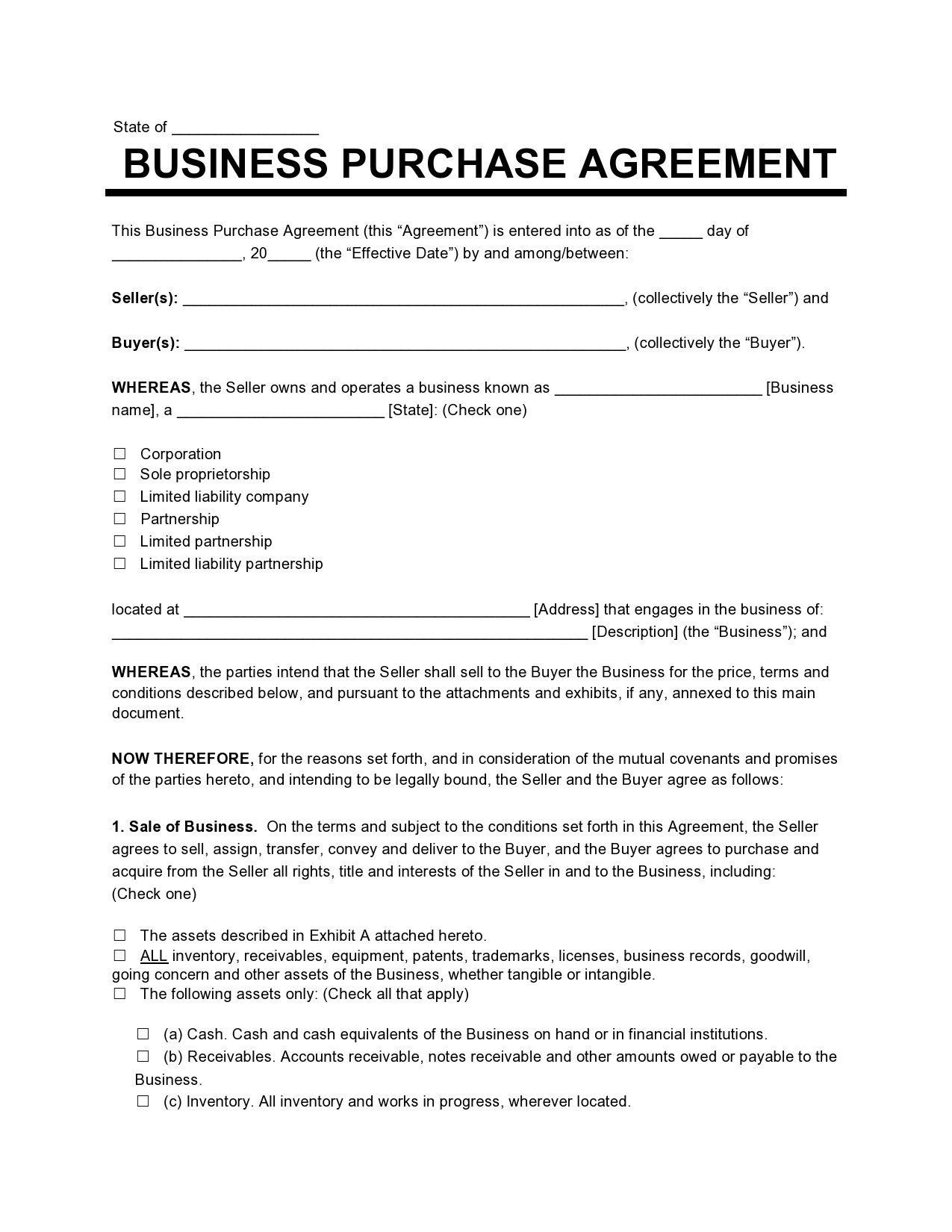Understanding Your Home Buying Goals and Budget
When it comes to buying a house, it’s essential to start by defining your goals and determining a realistic budget. This will help you navigate the home buying process with confidence and ensure that you find the right property for your needs. To begin, consider what type of property you’re looking for – is it a single-family home, a condo, or a townhouse? What location do you prefer – a urban, suburban, or rural area? What amenities are must-haves for you – a backyard, a pool, or a specific school district?
Once you have a clear idea of what you’re looking for, it’s time to determine your budget. This will depend on several factors, including your income, savings, and credit score. A good rule of thumb is to spend no more than 30% of your gross income on housing costs, including your mortgage payment, property taxes, and insurance. You’ll also want to consider your savings and credit score, as these will impact your ability to secure a mortgage and qualify for a good interest rate.
For example, if you’re looking to buy a house in a competitive market, you may need to consider factors like the local economy, job market, and population growth. This will help you determine whether the area is likely to appreciate in value over time, making it a smart investment. By taking the time to understand your home buying goals and budget, you’ll be better equipped to navigate the process and find the right property for your needs.
As you begin your home buying journey, keep in mind that it’s essential to be flexible and open-minded. You may need to make compromises on your wish list, and that’s okay. The key is to find a property that meets your needs and fits within your budget. By doing your research and staying focused on your goals, you’ll be well on your way to finding the perfect home.
When learning how to go about buying a house, it’s crucial to understand that the process can be complex and time-consuming. However, by breaking it down into smaller, manageable steps, you’ll be better equipped to handle the challenges that arise. Start by defining your goals and determining your budget, and then move on to the next steps in the process. With patience, persistence, and the right guidance, you’ll be holding the keys to your new home in no time.
Getting Your Finances in Order: Credit Scores and Mortgage Options
When it comes to buying a house, having a good credit score is crucial. Your credit score plays a significant role in determining the interest rate you’ll qualify for and whether you’ll be approved for a mortgage. A good credit score can help you qualify for better loan terms, including lower interest rates and lower monthly payments.
To improve your credit score, start by checking your credit report and disputing any errors. You can request a free credit report from each of the three major credit reporting agencies (Experian, TransUnion, and Equifax) once a year. Paying your bills on time and reducing your debt can also help improve your credit score.
In addition to having a good credit score, it’s essential to understand the different types of mortgage options available. Fixed-rate loans offer a fixed interest rate for the life of the loan, while adjustable-rate loans offer a variable interest rate that can change over time. Government-backed loans, such as FHA and VA loans, offer more lenient credit score requirements and lower down payment options.
When learning how to go about buying a house, it’s crucial to understand the different types of mortgage options and how they can impact your financial situation. By taking the time to research and compare different loan options, you can find the best mortgage for your needs and budget.
For example, if you’re a first-time homebuyer, you may want to consider an FHA loan, which offers more lenient credit score requirements and lower down payment options. On the other hand, if you’re a veteran or active-duty military personnel, you may want to consider a VA loan, which offers more favorable terms and lower interest rates.
By getting your finances in order and understanding the different types of mortgage options available, you’ll be better equipped to navigate the home buying process and find the right home for your needs. Remember to take your time, do your research, and don’t be afraid to ask questions. With the right guidance and support, you can achieve your goal of becoming a homeowner.
How to Find the Right Real Estate Agent for Your Needs
When it comes to buying a house, working with a real estate agent can be a game-changer. A good agent can provide valuable guidance, help you navigate the home buying process, and ensure that you find the right property for your needs. But with so many agents out there, how do you find the right one for you?
Start by asking for referrals from friends, family, or colleagues who have recently bought or sold a home. You can also check online reviews, such as those on Zillow or Realtor.com, to get a sense of an agent’s reputation and expertise. Look for agents who have experience working with clients in your desired location and price range.
When interviewing potential agents, ask about their experience, communication style, and local knowledge. You want an agent who is knowledgeable about the local market, can communicate effectively, and has a proven track record of success. Don’t be afraid to ask questions, such as “What’s your approach to finding the right home for my needs?” or “How will you help me navigate the negotiation process?”
It’s also essential to consider an agent’s credentials and certifications. Look for agents who are members of the National Association of Realtors (NAR) and have designations such as Certified Residential Specialist (CRS) or Accredited Buyer’s Representative (ABR). These designations indicate that the agent has received specialized training and has a deep understanding of the home buying process.
When learning how to go about buying a house, it’s crucial to find an agent who is a good fit for your needs. By taking the time to research and interview potential agents, you can find an agent who will help you achieve your goal of becoming a homeowner. Remember to trust your instincts and don’t be afraid to ask questions. With the right agent by your side, you’ll be well on your way to finding the perfect home.
For example, if you’re a first-time homebuyer, you may want to look for an agent who has experience working with first-time buyers. They can provide guidance on the home buying process, help you navigate the paperwork, and ensure that you understand the terms of the sale. On the other hand, if you’re a seasoned buyer, you may want to look for an agent who has experience working with investors or has a deep understanding of the local market.
Home Search Strategies: Online Tools and Neighborhood Exploration
When it comes to finding the perfect home, having the right search strategies can make all the difference. With the rise of online real estate platforms and mobile apps, homebuyers have access to a vast array of tools and resources to help them find their dream home. But how do you navigate the vast online landscape and find the right home for your needs?
Start by using online property listing websites such as Zillow, Redfin, or Realtor.com. These websites provide a comprehensive database of homes for sale, including photos, descriptions, and details about the property. You can also use online real estate apps such as Homes.com or Trulia to search for homes on-the-go.
But online searching is just the beginning. To get a true sense of a neighborhood and community, you need to explore it in person. Drive around the neighborhood, talk to locals, and visit nearby parks, schools, and amenities. This will give you a better sense of the area and help you determine if it’s the right fit for you.
When learning how to go about buying a house, it’s essential to consider the neighborhood and community as much as the home itself. By taking the time to research and explore different neighborhoods, you can find the perfect home in the perfect location. Remember to trust your instincts and don’t be afraid to ask questions. With the right search strategies and a little bit of legwork, you can find your dream home in no time.
For example, if you’re looking for a home in a specific school district, you can use online tools to search for homes within that district. You can also use online maps to explore the neighborhood and get a sense of the local amenities. By combining online searching with in-person exploration, you can get a comprehensive view of the neighborhood and make an informed decision about your home purchase.
In addition to online tools and neighborhood exploration, it’s also essential to consider the local real estate market trends. Research the local market to determine if it’s a buyer’s or seller’s market, and adjust your search strategies accordingly. By staying informed and adaptable, you can navigate the home buying process with confidence and find the perfect home for your needs.
Making an Offer and Negotiating the Terms of the Sale
When you’ve found the perfect home, it’s time to make an offer. But how do you determine a fair price, and what should you include in your offer letter? Making an offer on a home can be a complex process, but with the right guidance, you can navigate it with confidence.
Start by researching the local market to determine a fair price for the home. Look at comparable homes in the area, and consider factors like the home’s condition, size, and amenities. You can also work with a real estate agent to determine a fair price and craft a compelling offer letter.
When making an offer, be sure to include contingencies for inspections, financing, and appraisals. This will give you an out if something goes wrong during the home buying process. You should also include a clear and concise offer letter that outlines the terms of the sale, including the price, closing date, and any repairs or credits you’re requesting.
Negotiating the terms of the sale can be a challenging process, but it’s essential to stay calm and professional. Be prepared to compromise, and don’t be afraid to walk away if the terms aren’t right. Remember, the goal is to find a mutually beneficial agreement that works for both you and the seller.
When learning how to go about buying a house, it’s essential to understand the negotiation process. By being prepared and staying flexible, you can navigate the negotiation process with confidence and find a fair and reasonable agreement. Don’t be afraid to ask questions or seek guidance from a real estate agent or attorney.
For example, if you’re making an offer on a home that needs repairs, you may want to include a contingency for inspections and repairs. This will give you an out if the inspections reveal any major issues, and will also give you leverage to negotiate a lower price or credits for repairs.
In addition to making an offer and negotiating the terms of the sale, it’s also essential to review and understand the contract. Make sure you understand all the terms and conditions, including the price, closing date, and any contingencies or repairs. Don’t be afraid to ask questions or seek guidance from a real estate agent or attorney.
Inspections and Due Diligence: Uncovering Potential Issues
When you’re in the process of buying a home, it’s essential to conduct inspections and due diligence to uncover any potential issues. This can help you avoid costly surprises down the road and ensure that you’re making a well-informed decision.
There are several types of inspections you can conduct, including general home inspections, termite inspections, and mold inspections. A general home inspection can help identify any major issues with the home’s systems and structures, such as the roof, plumbing, and electrical systems. Termite inspections can help identify any termite damage or activity, while mold inspections can help identify any mold growth or water damage.
In addition to inspections, it’s also essential to conduct due diligence on the property. This can include reviewing the property’s title, researching the neighborhood and local market trends, and reviewing any outstanding permits or liens on the property.
When learning how to go about buying a house, it’s crucial to understand the importance of inspections and due diligence. By taking the time to conduct these investigations, you can gain a deeper understanding of the property and make a more informed decision. Don’t be afraid to ask questions or seek guidance from a real estate agent or attorney.
For example, if you’re buying a home in an area prone to natural disasters, you may want to consider hiring a specialized inspector to assess the property’s risk. Similarly, if you’re buying a home that’s been renovated or flipped, you may want to conduct a more thorough inspection to ensure that the work was done correctly.
In addition to inspections and due diligence, it’s also essential to review and understand the seller’s disclosure statement. This document can provide valuable information about the property’s condition, including any known defects or issues. By taking the time to review this document carefully, you can gain a better understanding of the property and make a more informed decision.
By conducting inspections and due diligence, you can gain a deeper understanding of the property and make a more informed decision. Remember to stay calm and professional, and don’t be afraid to ask questions or seek guidance from a real estate agent or attorney.
Finalizing the Sale and Preparing for Closing
Once your offer has been accepted, it’s time to finalize the sale and prepare for closing. This is an exciting time, but it’s also important to stay focused and ensure that everything is in order.
One of the most important steps in finalizing the sale is reviewing and signing the closing disclosure. This document outlines the terms of the sale, including the price, closing costs, and any other fees or charges. It’s essential to review this document carefully and ask questions if you don’t understand anything.
In addition to reviewing the closing disclosure, you’ll also need to prepare for the closing process. This typically involves meeting with the seller, the real estate agent, and a representative from the title company to sign the final documents and transfer ownership of the property.
When learning how to go about buying a house, it’s crucial to understand the final stages of the process. By staying organized and focused, you can ensure a smooth transition and avoid any last-minute surprises. Don’t be afraid to ask questions or seek guidance from a real estate agent or attorney.
For example, if you’re buying a home in a state with a high tax rate, you may want to consider negotiating a credit for taxes at closing. Similarly, if you’re buying a home with a septic system, you may want to consider hiring a specialized inspector to ensure that the system is functioning properly.
In addition to finalizing the sale and preparing for closing, it’s also essential to review and understand the title report. This document outlines the ownership history of the property and can help identify any potential issues or liens. By reviewing the title report carefully, you can ensure that you’re buying a property with a clear title and avoid any costly surprises down the road.
By following these steps and staying focused, you can finalize the sale and prepare for closing with confidence. Remember to stay calm and professional, and don’t be afraid to ask questions or seek guidance from a real estate agent or attorney.
Settling into Your New Home: Tips for a Smooth Transition
Congratulations You’ve finally closed on your new home and are ready to start this exciting new chapter. But before you can start enjoying your new space, there are a few things you need to take care of to ensure a smooth transition.
First things first, unpacking. This can be a daunting task, especially if you have a lot of belongings. But with a little planning and organization, you can make the process much easier. Start by unpacking the essentials, such as toiletries, towels, and a change of clothes. Then, focus on unpacking room by room, starting with the most important rooms, such as the kitchen and bedrooms.
Once you’ve unpacked, it’s time to get organized. This includes setting up your utilities, updating your address with the post office and other relevant parties, and getting familiar with your new neighborhood. You may also want to consider hiring a professional organizer to help you get settled in and make the most of your new space.
Getting to know your new neighborhood is also an important part of the transition process. Take some time to explore your local area, including nearby parks, restaurants, and shops. You may also want to consider introducing yourself to your neighbors and starting to build a community.
When learning how to go about buying a house, it’s essential to consider the transition process. By taking the time to unpack, get organized, and get to know your new neighborhood, you can ensure a smooth transition and start enjoying your new home right away. Don’t be afraid to ask for help if you need it, and remember to take your time and not rush the process.
For example, if you’re moving to a new city, you may want to consider researching local amenities and services, such as schools, hospitals, and public transportation. You may also want to consider joining local clubs or groups to meet new people and get involved in your community.
In addition to the practical aspects of transitioning into your new home, it’s also important to consider the emotional aspects. Moving to a new home can be a big change, and it’s normal to feel overwhelmed or stressed. But by taking the time to focus on the positive aspects of your new home and neighborhood, you can start to feel more settled and at ease.








